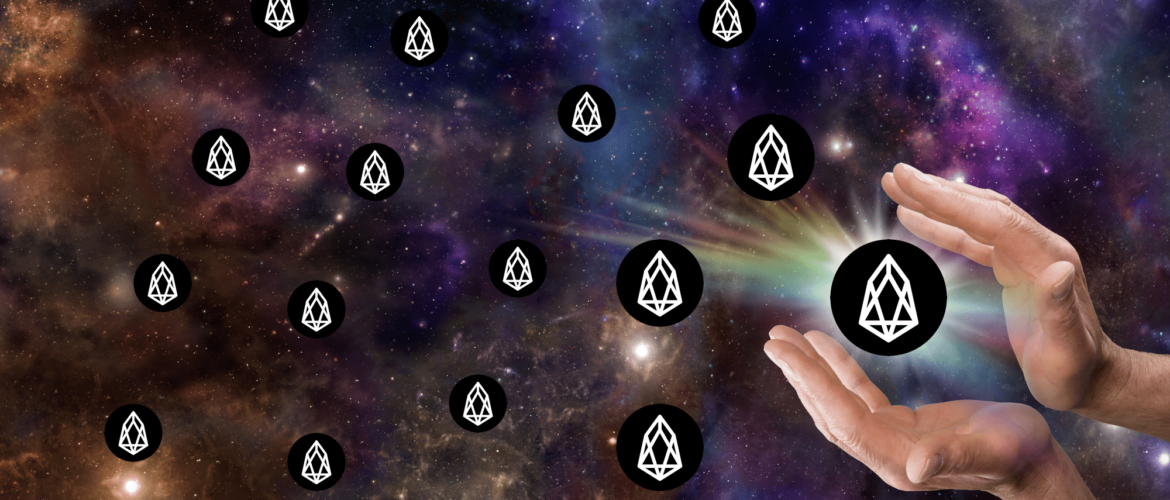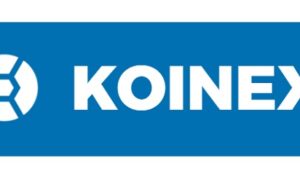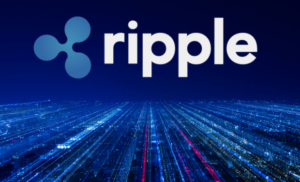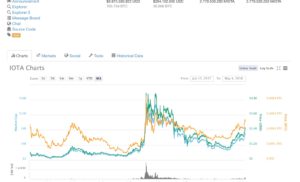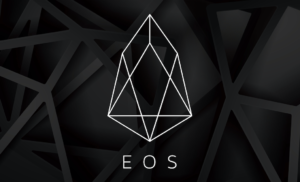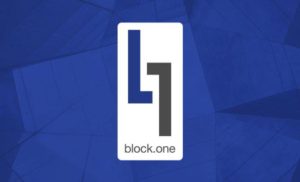Either due to its reputation as the “Ethereum killer,” four billion dollar ICO, or buggy code, EOS has been making the media rounds. As a casual observer, these news briefs may have left you with more questions than answers. For instance, “What is an EOS delegate, and why does every article mention them?”
Well, we’re here to help. In this explainer, we dive into what EOS delegates are and their importance on the cryptocurrency’s network. Before talking about delegates, however, we need to first cover EOS’s consensus mechanism, Delegated Proof-of-Stake (DPoS).
Delegated Proof-of-Stake (DPoS)
You may have heard of Proof-of-Work (PoW) or even Proof-of-Stake (PoS), but DPoS is relatively rare in cryptocurrency. Unlike PoW or PoS in which anyone can verify transactions and produce blocks, a select set of nodes maintain a DPoS blockchain. Participants vote on these nodes in a fashion similar to American elections. You can view DPoS as the democratic republic of blockchains.
Because the elected nodes are the only ones producing blocks, they’re the only participants that receive block rewards. However, delegates on some DPoS networks share their block rewards with the users that voted for them.
The advantage of a DPoS blockchain is its scalability. These blockchains can generally reach consensus more quickly than traditional PoW or PoS chains due to the limited number of validating nodes. The 21 EOS delegate nodes, for instance, validate transactions much more efficiently than the over 15 thousand nodes on Ethereum.
Of course, this improved scalability has drawbacks. Fewer nodes maintaining the blockchain leads to more centralization and could cause some security risks.
Other than EOS, popular DPoS cryptocurrencies include Ark, Lisk, BitShares, and Steem. It’s worth noting that BitShares, Steem, and EOS were all created by the same person, Dan Larimer.
EOS Delegates – An Explanation
EOS token holders vote for delegates by staking their tokens. The 21 delegates with the most votes become Block Producers that effectively maintain the network.
As a token holder, you can switch your vote at any time. So, if a Block Producer is acting against the best interest of the community, members simply vote them out.
As mentioned before, EOS delegates are responsible for validating transactions, creating new blocks, and maintaining the EOS network. In return for their service, they receive token rewards from the Block Producer Reward Pool.
EOS Delegate Rewards
EOS has a five percent annual inflation rate. Twenty percent of this (or one percent of the total supply) enters the Block Producer Reward Pool each year. The EOS delegates receive tokens from this pool proportionate to the number of votes they obtained.

EOS Delegate Block Rewards
Currently, the top EOS delegate, EOSLaoMao, gets 866 EOS each day. When converted to USD, that’s a daily paycheck of over $5,000. Not too shabby.
Even if you’re not one of the top 21 EOS delegates, you still earn tokens. Delegates within the first 72 (as of this writing) by popularity are standby Block Producers. The standby Block Producer with the least votes still collects 100 EOS each day, about $500 a day at the current EOS price.
Who Are the EOS Delegates?
Anyone, even you, can become an EOS delegate. Right now, there are over 400 delegates, and that number should continue to grow. All EOS token holders can, and should, vote for delegates. However, less than 40 percent have done so, so far.
The current set of 21 Block Producers are located around the world. They reside in New York, Japan, Sweden, and Canada among other locations. On the exchange side of things, Huobi and Bitfinex both have a presence as EOS Block Producers as well.
The Controversy
Some crypto community members think that the 21 EOS delegates have far too much control in what’s supposed to be a decentralized ecosystem. These delegates not only receive a substantial amount of EOS tokens, but they can also freeze accounts and reverse transactions.
They’ve frozen seven accounts in one case already. And, they’ve been under pressure to take action on more.
Some opponents also feel as if exchanges shouldn’t qualify as delegates. Because they hold an unproportionate amount of tokens, they can wield their voting power to ensure that they remain in the top 21.
What Is an EOS Delegate? – TL;DR
Similar to a Bitcoin miner, an EOS delegate is responsible for validating transactions and creating blocks for the EOS blockchain. There’s no mining involved, however.
Instead, delegates are elected by token holders through a Delegated Proof-of-Stake consensus mechanism. The 21 delegates with the most votes earn the title of Block Producer. Block Producers are responsible for, you guessed it, producing blocks. In return, they receive EOS tokens.
EOS holders may change their vote at any time, so the list of Block Producers today may be different than the one tomorrow.
The EOS delegate method is largely untested and has already garnered significant criticism. There isn’t a blockchain that doesn’t have its faults, though. The blockchain sector is also new enough that the EOS community may figure out a viable solution in the long-run.

